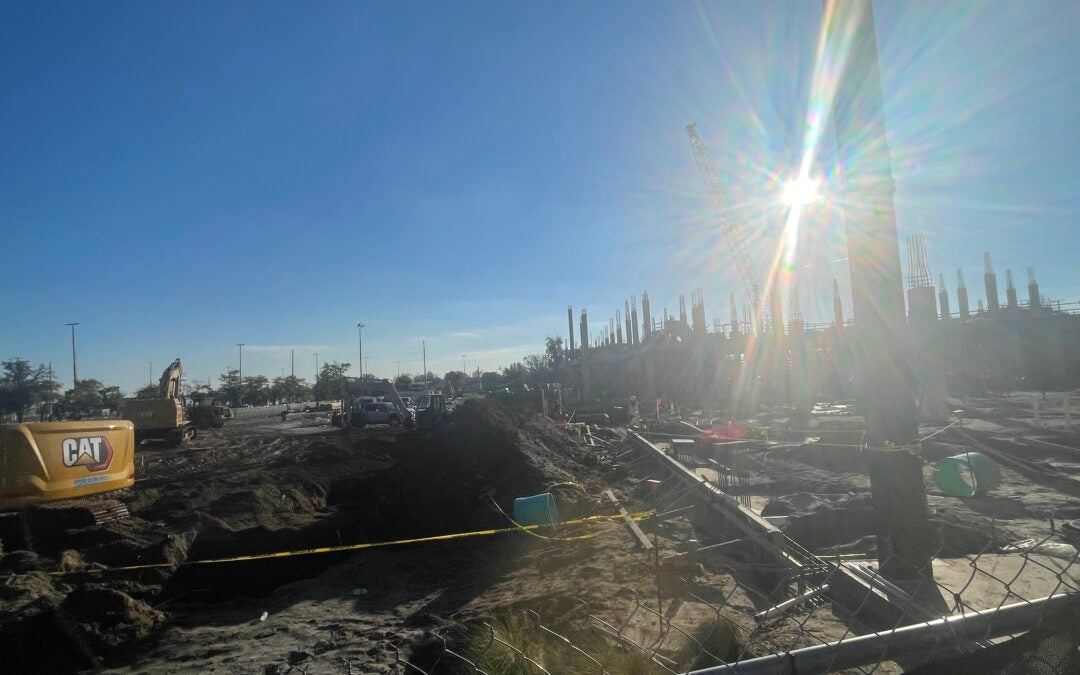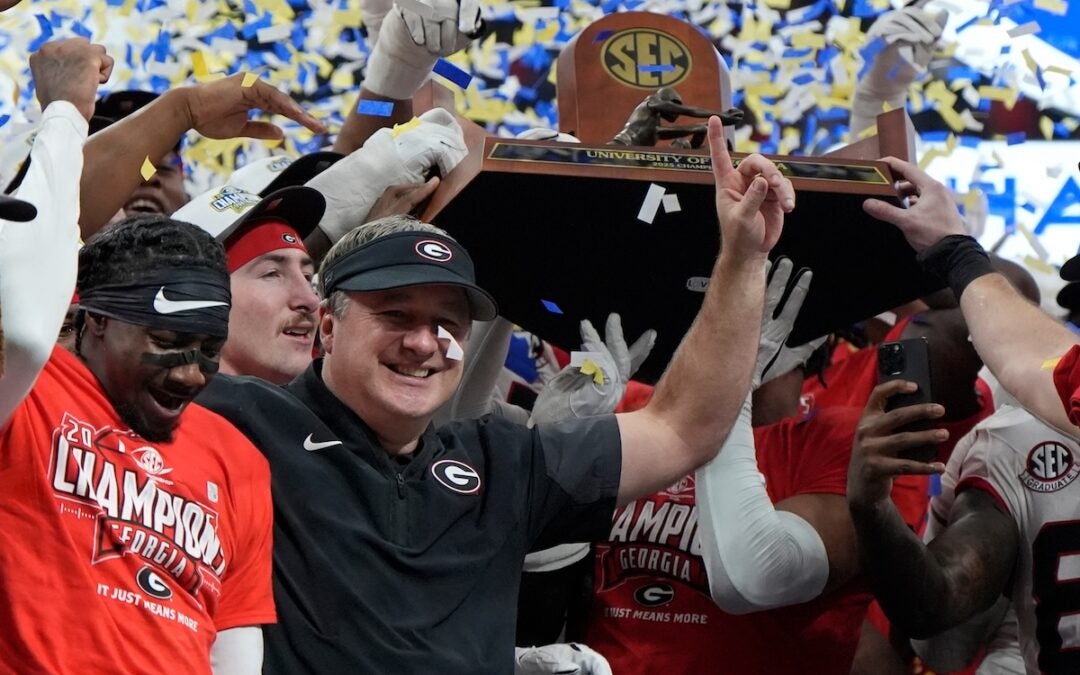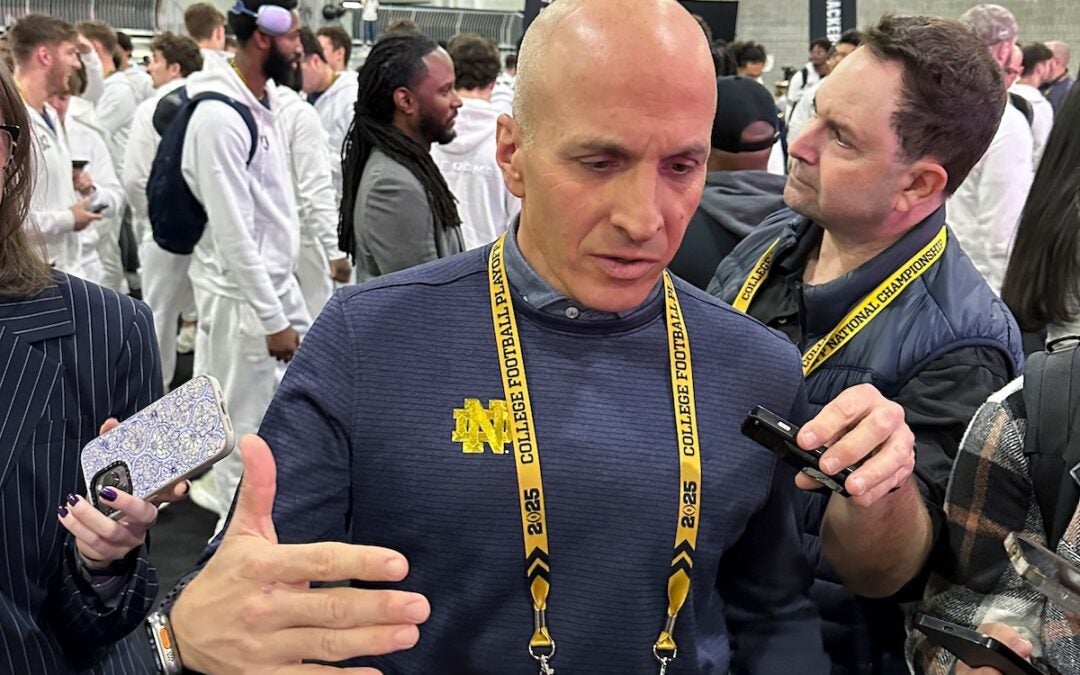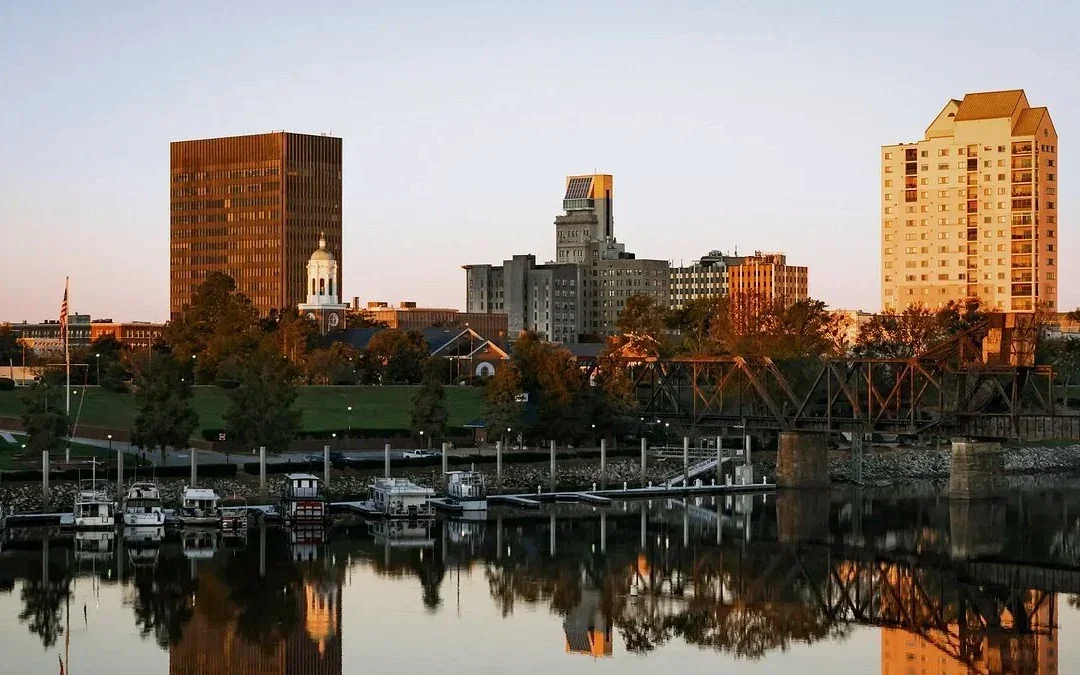Longtime allies of former President Joe Biden nearly snapped their own necks in trying to distance themselves from Biden when the outgoing chief executive pardoned his siblings and their spouses as he had one foot out the door of the Oval Office.
Media pundits gasped on-air in feigned disbelief while gamely attempting to lay the blame on Biden’s cognitive issues or fear of Donald Trump’s imminent retribution as the reasons Biden would risk his legacy with such a move.
No one, it seems, saw it coming.
Really?
In my opinion, Biden’s earlier pardon of his son, Hunter, was simply the “test” run, lest the information on the younger Biden’s laptop go from being labeled as Russian disinformation to becoming real potential evidence in a slew of criminal cases that could lead all the way to the doorstep of Joe Biden himself as well as higher-ups in the Obama administration.
It has long been alleged that the real inner circle around Joe Biden sold access to the “big guy” to Ukraine; the millions of dollars paid were then “legitimized” by Hunter Biden being named to a paid position on the board of Ukrainian energy giant Burisma and his “earnings” were then “shared” with or “loaned” to family members.
Hunter Biden then conveniently claimed that his addiction to cocaine is what caused him to fail to pay taxes on his ill-gotten gains and his failure to register as an agent to a foreign entity, two things that likely would have raised red flags at the State Department.
When the employment ruse fell through, the younger Biden suddenly realized that he had artistic talent on par with Dali and Picasso and his paintings became the hottest ticket on the art market since the paint dried on the Mona Lisa; yet, no one who bought one of the Biden originals wanted their names published.
According to the U.S. Senate Committee on Homeland Security and Governmental Affairs report from 2020, the 2014 protests in Kyiv, Ukraine, known as the “Revolution of Dignity,” threatened to expose then Vice President Biden’s complicity to ban natural gas drilling in the U.S. while propping up Ukrainian natural gas oligarch Mykola Zlochevsky overseas, so Joe Biden took off to Ukraine and demanded the Ukrainian special prosecutor be fired, an act which also helped undermine the revolution.
Biden would later brag publicly about how he threatened to withhold billions of aid dollars if he didn’t get his way, and he got his way.
Interestingly enough, the burgeoning revolution also threatened to move Ukraine closer to the EU and eventually NATO, giving Biden a strange ally in Vladimir Putin, who, not long after Biden became president, invaded the country, according to Ukraine’s official website.
When Trump attempted to expose the Biden’s Ukrainian connections, he was impeached for attempting to interfere with an election simply by inquiring about the matter in a telephone call.
As the layers of the Ukrainian onion are peeled back, not only does the extent of large-scale potential corruption make one’s eyes water, it illustrates why Biden had to issue those pardons. Trump’s insinuation that Biden should have pardoned himself is an empty threat because, at this point, Biden’s senility has become his greatest asset.
But are the pardons legal if the accused has not been tried and convicted of a federal crime?
The Constitution is vague when it comes to this enumerated power, stating only that the president: “Shall have (the) power to grant reprieves and pardons for offences against the United States, except in cases of Impeachment.” The document contains no language about the potential guilt or innocence of the accused.
Since the language of the Constitution cannot be parsed any further, then one has to look at precedent and possibly case law to determine legitimacy.
Of course, the only precedent where such a sweeping pardon could have been contested to the highest court in the land was when President Gerald Ford pardoned former President Richard Nixon prior to any indictments being issued in the matter that caused Nixon to resign in disgrace.
When Ford appeared in front of the House judiciary committee in 1974 to explain the pardon, he offered no explanation beyond that his decision was the best path forward for the nation.
“I was absolutely convinced then as I am now that if we had had [an] indictment, a trial, a conviction, and anything else that transpired after this that the attention of the president, the Congress and the American people would have been diverted from the problems that we have to solve,” Ford told the committee.
Ford did cite case law in the matter, but the case of Budrick v. United States only adds a “feel good” measure to Ford’s decision, it does not address the legality of a pardon without a prior conviction.
The Supreme Court explained that accepting a pardon was tantamount to an admission of guilt, stating such acceptance is the same as: “An imputation of guilt and acceptance of a confession.”
At the time, Democrats cried foul at Ford’s pardon, but obviously no one felt strongly enough about the matter to file suit; even the loudest critical voice in the Senate, Ted Kennedy, eventually admitted that he felt the action was the right thing to do.
In terms of the Biden pardons, the question of legality might always remain, but according to precedent, the pardon recipients have, if nothing else, admitted to their criminal behavior.
The only one left unprotected in the pardon spree is the person whom it is now assumed has been running the government for the past four years, the former First Lady Jill Biden.
Scott Hudson is the Senior Investigative Reporter and Editorial Page Editor for The Augusta Press. Reach him at scott@theaugustapress.com












